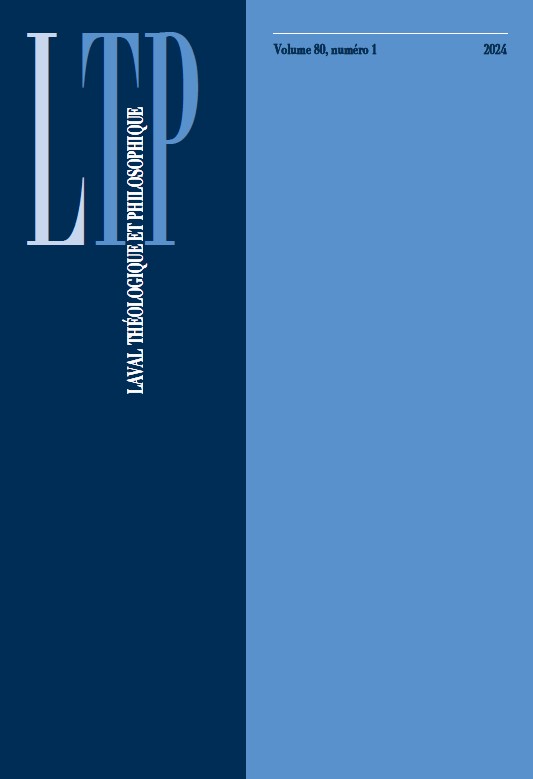Mystique chrétienne médiévale : la voie de Maître Eckhart
Abstract
To present an overview of 'medieval Christian mysticism' is only possible by briefly situating it in the history of 'mysticism' in the West. The term is not without ambiguity. Appearing in the context of mystery religions, mysticism evolves into a silent experience that words cannot capture, and then into abnormal phenomena described in a rhetoric of the strange. Compared to modern literature, medieval texts are very sober. Echoing the mystical theology of Dionysius of Areopagite (5th-6th century), they present a way of union with the One beyond words and concepts. It is not enough to know (mathein) God through notional knowledge, one must experience him, "suffer him" (pathein). This 'suffering of God' was taken up by Master Eckhart (1260-1328), the leader of Rhenish mysticism.

